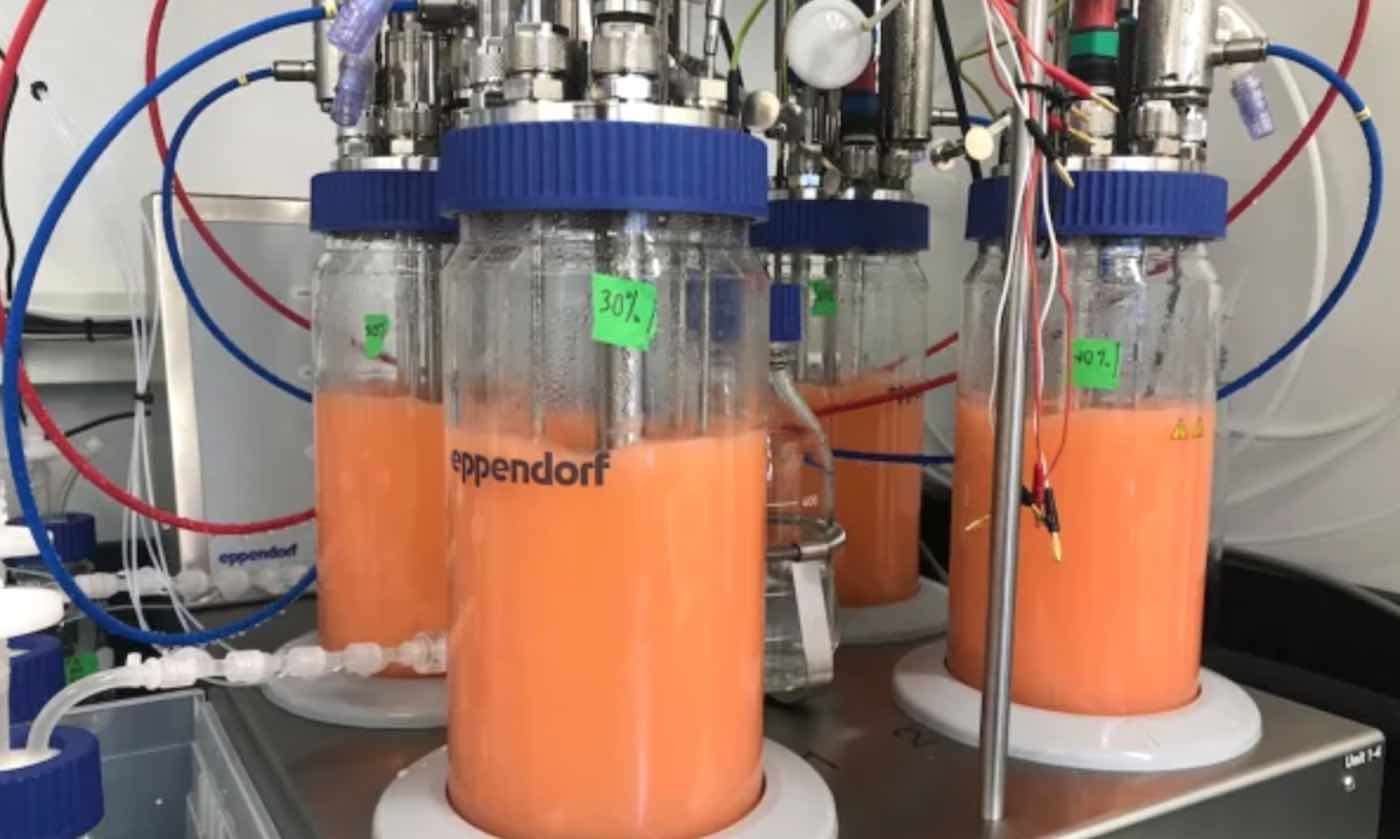CO2 Emissions From Global Power Sector Declined By Record-Breaking 2% in 2019, Says New Research
With coal usage collapsing in Europe and the United States, the world's energy sector experienced the largest drop in CO2 emissions since 1990.

Attempting to put a permanent halt to the advance of palm oil cultivation and the destruction of tropical rainforest to accommodate it, a New York City-based startup called C16 Biosciences is producing oil with very similar chemical and functional properties to palm oil.
Palm oil is the world's most-produced vegetable oil with a global yield of 75.7 million metric tons entering the market every year. It is found in everything from Cheezits, to ice cream to pizza dough, and even beauty products like shampoo and makeup.
Demand for the crop is projected to quadruple between now and 2050, which is why this new sustainable oil created from yeast cells undergoing fermentation, looks to be a crucial development.
"Our real mission is ending the need for deforestation that's driven by the palm oil industry," Shara Ticku, cofounder and CEO of C16 Biosciences told Fast Company. "We believe that it is totally unacceptable to be burning the planet to make a vegetable oil. It just doesn't make any sense."
Breakthrough Energy Ventures, a fund established by Bill Gates and other investors to support technological and financial innovations that fight climate change, led a $20 million investment drive for C16 Biosciences, and the company expects to have their first products out in market soon—opting for a quick market entry servicing manufacturers who have a smaller demand for palm oil.
Ticku sees an opportunity for their faux palm oil to succeed in the beauty industry, where a demand for "clean beauty products" is growing and where the demand for palm oil by beauty brands is relatively small, compared to processed foods.
The company uses a method similar to other fermentation processes like the one used to make beer.
They hope to target and replace all the palm oil that is currently linked to deforestation because of slash-and-burn cultivation of new acreage—about 3 million metric tons a year.
SHARE the Palm Oil Positivity With Eco-Friends On Social Media…
Be the first to comment